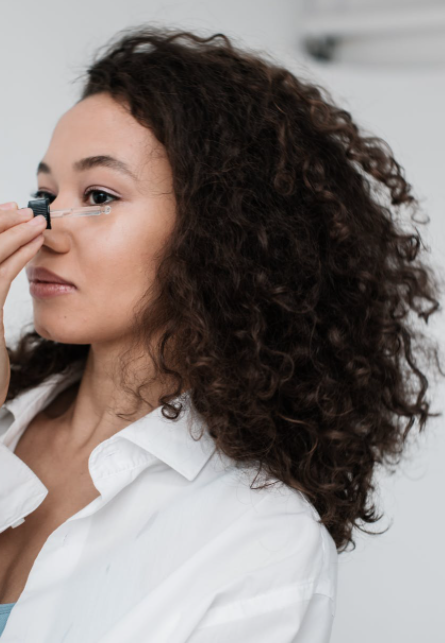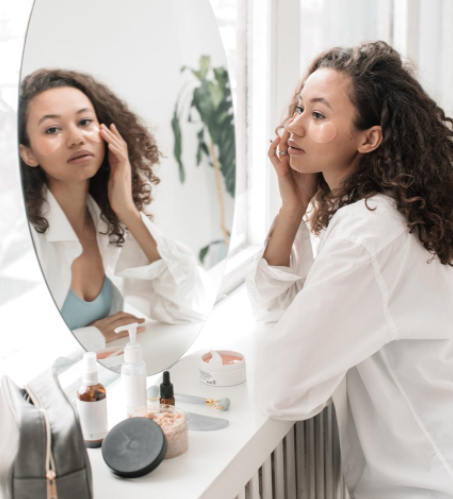7 Signs of Resentment in Relationships
October 25, 2021 by Dr. Letitia Wright
Filed under A Note for You, Featured Articles, Front Page

Resentment DefinitionResentment a feeling of indignant displeasure or persistent ill will at something regarded as a wrong, insult, or injury.
One harboring resentment may feel personally victimized and may be experiencing feelings of anger or shame. If the feelings of anger and shame are strong, it becomes difficult to talk about.
As one continues to foster these emotions and holding them in, eventually they reach their limit and start expressing these emotions in the form of anger, disgust, and disappointment.
A disrespectful comment made by a partner could enable a build up of resentment, as could lack of attention. Unresolved resentment can cause conflict between partners, if left unresolved it could eventually lead to separation.

7 signs of resentment in relationships:
1. Unresolved Arguments
You notice your partner continues to do things that bother you, despite you telling them. You start to complain to your partner and find faults in each other. One argument after the next and none of them are effectively spoken about. The same arguments continue to surface and you are left with many unresolved arguments. Eventually, this shifts the positive outlook on the relationship and over time, all you notice is the negative aspects of the relationship. Instead of focusing on the problem, you are focusing on your partner’s flaws. In your mind, your partner becomes the problem and the relationship becomes daunting.

2. Lack of Attention
Lack of attention in a relationship can be apparent in different ways. If you feel like you are not being listened to, you may feel like your partner does not attend to you and you begin to build resentment toward them. If you feel like your partner no longer makes time for you, you may feel uncared for leading to feelings of resentment. Maybe you notice your partner is spending too much time on their phone or they are always late. This could elicit feelings of insecurities and distrust providing fuel for resentment.
3. Overthinking the Bad Experiences
You catch yourself persistently thinking about something that happened or something that was said which shaped strong emotions toward your partner. You feel emotionally stuck and unable to stop thinking about it.
How Women Can Have Improved Intimacy Every Time
October 25, 2021 by Dr. Letitia Wright
Filed under A Note for You, Featured Articles, Front Page
Take things into your own hands. We’ve got five great tips below to teach you how to make sex more pleasurable! Read our guide below to learn more.

1. Open Communication
The key to improved sex is to let your partner know what you want. Let your partner know what turns you on and how to help you reach your climax.
No, you don’t have to talk dirty all the time.
Use small talk before sex to get some of the important points cleared out. During sex, use other methods of communication. Let your partner know your feelings by moaning, moving your hands, and others.
2. Experiment
Bored of sex because you always end up doing the missionary position? Get creative and try other positions! It’s okay to experiment! Find new ways to have sex and experiment with the positions or ideas you see.
Give these things a try! If you didn’t enjoy them, you don’t have to do them again. But if you did have fun, you now have something new to look forward to whenever it’s time to have fun.
3. Use Toys

It’s no surprise that a satisfying orgasm isn’t always easy to achieve. Sometimes, masturbating with your hands won’t get the job done, even when you feel aroused. There might be times when your partner needs some help to fully stimulate your senses.
Use toys!
The good news is there a ton of toys to try out. You can make sex better with a vibrator, a dildo, fleshlights for your partner, anal beads, and more. All of these can stimulate you in new and exciting ways!

4. Supplements Help
If you have low libido, you shouldn’t hesitate to try food or supplements to get it back up. Simply altering your diet, sleeping pattern, and physical activities can help you boost your craving for enjoyable sex.
Why You Should Only Use Natural and Organic Beauty Products
October 25, 2021 by Dr. Letitia Wright
Filed under A Note for You, Featured Articles, Front Page

Organic beauty products are now the standard for most women who are concerned about sustainable living and also natural care. Lots of other women choose natural beauty products or organic beauty products to avoid damaging ingredients and chemicals. There is a whole debate going on right now about the aluminum in deodorants, for example. But it is not just about this. Also, the preservatives and the parabens used in cosmetic products have been associated in some cases with different types of cancer. More than this, some people are simply allergic to the perfume used in most cosmetic products. Hence, they need to get organic beauty products way.

Natural beauty products
If you often choose to buy products marked as “all-natural,” the chances are that you get about 2% organic ingredients, and the rest are similar to the products without the natural label. The term natural used for beauty products can have different connotations, and there are no strict regulations for when the manufacturers are allowed to use it or not. In this case, the best thing to do is to read the label carefully. This way, you know exactly what you are getting. And if the list of chemical products is longer than the natural ingredients, maybe you should choose something else. Due to the extensive usage of the terms organic, bio, and natural, there is a lot of confusion around them. You might think that organic, bio, and natural are the same thing. This is not correct.
Organic beauty products
The beauty products you buy labeled as “organic” need to follow strict guidelines such as:
- They need to be certified by an accreditation organization. The mark “organic” should be present on the label of the beauty product, together with the logo of the organization, which made the certification.
- An organic beauty product very rarely has an expiration date longer than six months after opening. Also, keep in mind that storage conditions might be different and more strict compared to natural beauty products. This is the case because natural preservatives are used to conserve it.
On the label of an organic beauty product, you should also find mentions such as no parabens, no silicone, no paraffin, no colorants, and not tested on animals, among others.
Benefits of natural and organic beauty products

So, why should you always choose organic or natural when it comes to your beauty products? Before anything else, you should know that these products are ideal for sensitive skin or skin with different conditions such as rosacea or prone to acne. The natural and organic products have less (or none) chemical ingredients that can trigger allergies, rashes, and irritations. Hence they are better for your skin and your health. Also, associated with less allergic reactions. These products are ideal for young skin and as a start of your beauty routine in your 20s, for example. Also, for dry and mature skin, they can provide the much-needed hydration without causing more harm to the skin.
If you have to choose in between organic beauty products and natural beauty products, always go for the first category. However, either organic or natural is better than the products containing a high percentage of chemical ingredients.










